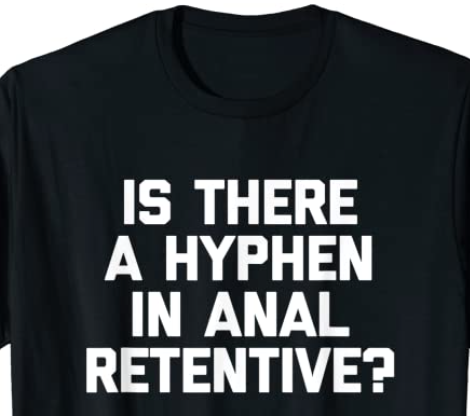Hyphenate or Bust? A Truce on Phrasal Adjectives
In the legal world, debates about hyphenating “summary judgment standard” or “publicly traded company” are as cordial and restrained as arguments over proper fonts, Oxford commas, and spacing after periods.
Let me try to keep the peace with just these three points:
1. When two or more words form a unit that comes before the noun that the words modify, hyphenate those words.
Scalia: “it is the traditional understanding of public-accommodation laws that they provide rights for customers”
Kagan: “no other way to prevent hidden-driveway mishaps”
Roberts: “a full-time professor”
The entire hyphenated unit is known as a “phrasal adjective” or “compound modifier.”

2. When the term is familiar, not all good writers will hyphenate the unit.
Sotomayor: “the summary-judgment standard”
Breyer: “the summary judgment standard”
3. You should not hyphenate phrasal adjectives, in fact, when the first word of the series is an adverb ending in -ly
Thomas: “a publicly traded company”
Alito: “a wholly owned subsidiary”
Why? Readers of English know that adverbs can’t modify the noun, so they don’t need our hyphenation help.
I hope that this phrasal-adjective guide has made you an entirely confident hyphenator!
 By
By


